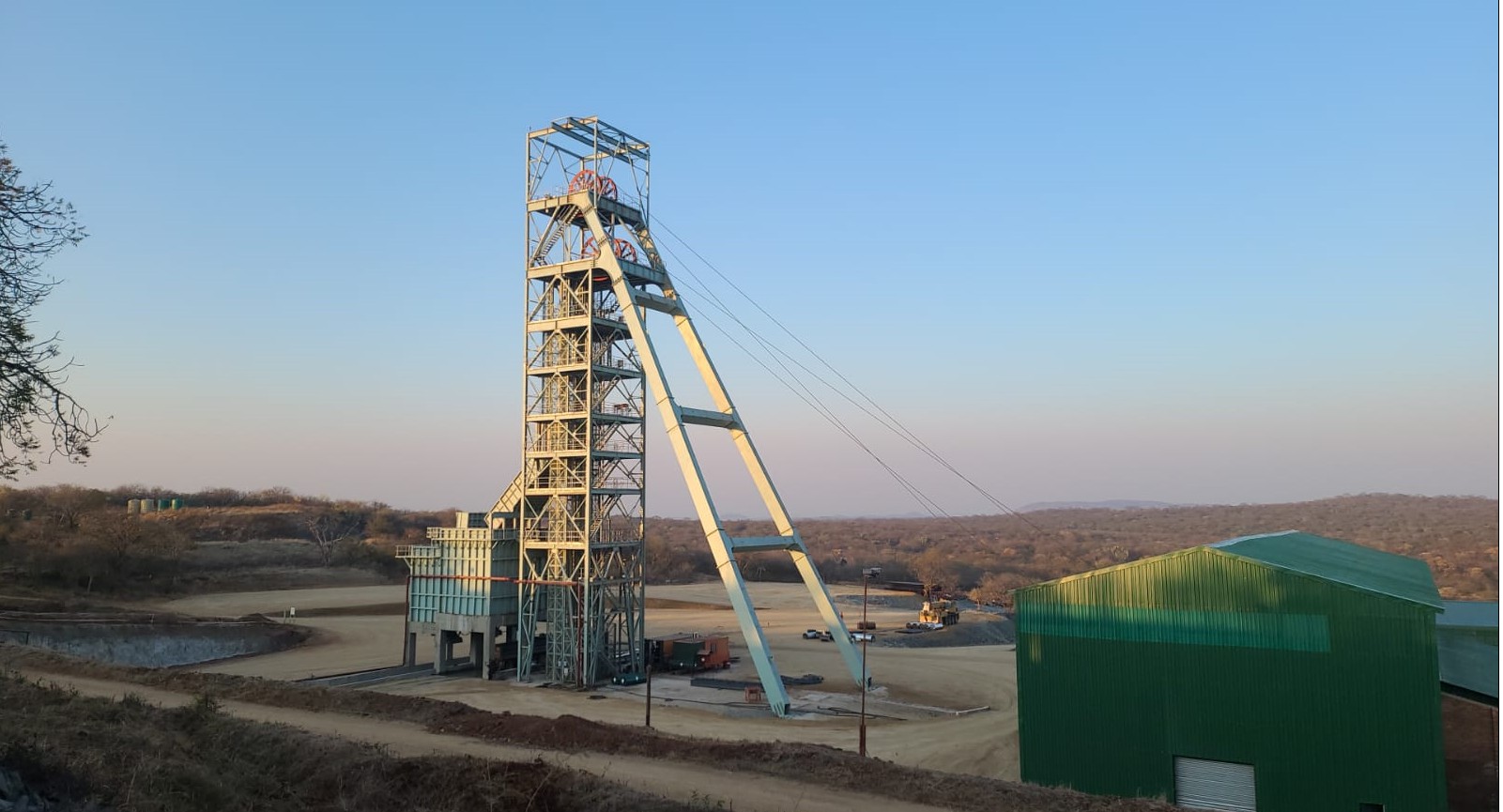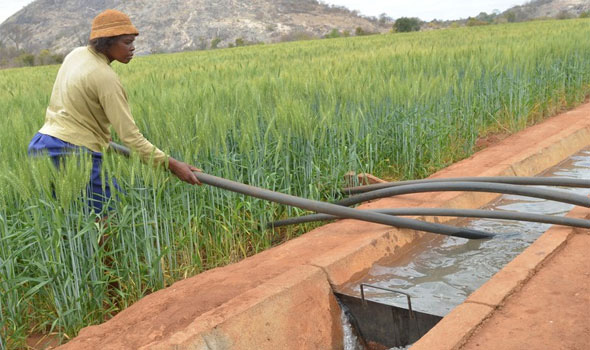Gold deliveries clock 29,46 tons in 10 months
THE country’s gold mining sub-sector continues to increase its output with formal gold
deliveries to Fidelity Printers and Refiners clocking close to a cumulative 29,46 tons
between January to October 2022.
This is a significant increase from 22,02 tons that were produced during the same period
last year, according to official data.
The jump in output so far this year, reflects 38,8 percent growth when compared to 2021.
Small to medium scale miners continue to lead the pack in terms of production volumes
after they delivered a cumulative 19,98 tons in the past 10 months up from 12,95 tons last
year.
Large scale primary gold producing firms on one hand have delivered 9,47 tons
compared to 9,07 tons during the same period last year.
The strong performance by the gold sub-sector buttresses President Mnangagwa’s drive
to steer increased domestic production, especially in the mining sector.
This is in line with the US$12 billion mining industry strategic roadmap by 2023, which
was launched in 2019 as part of the Second Republic’s efforts to boost increased
minerals’ contribution to the economy.
Commenting on the latest report, Zimbabwe Miners Federation (ZMF) chief executive
officer,Mr W
ellington Takavarasha, said increased gold output was indicative of more
collaboration and hard work by different stakeholders in the sector.
Mr Wellington Takavarasha
“Gold deliveries to Fidelity Printers and Refiners have greatly improved because of
increased collaboration between stakeholders. These include the Chamber of Mines
representing conglomerates and ZMF representing small scale miners,” he said.
“There have been constant meetings and review of Government policies and also agreed
implementation of policies.
“There has been so much Government involvement as leaders continued to have many
engagements with miners.”
Mr Takavarasha said as ZMF they will continue to engage Government on issues such as
formalisation of small-scale miners to continue increasing gold output.
“Government has now realised the full potential and significance of small-scale miners
and the role they play in mainstream economy. So, now, instead of arresting them they
are now doing more of education and awareness campaigns,” he said.
“This has greatly improved the relationship between miners and state agencies.”
Mr Takavarasha said the Government has also come up with incentives to enhance
mining activities by small scale miners so that they mine sustainably.
“Last year there was US$10 million, which was set aside for small scale miners and that
money is now on the cards and cash availability at Fidelity has greatly improved,” he
said.
The mining sector is critical in generating foreign currency, which contributes about 70
percent of the forex earnings largely driven by gold, platinum and diamonds.
Parliamentary Portfolio Committee on Mines and Mining Development chairperson,
Edmond Mkaratigwa, said the jump in gold deliveries is very pleasing and commended
the producers.
“Sustainable development requires introspection and being realistic, which will assist in
realistic strategy, development and planning,” he said.
“It’s quite pleasing as on our part as Parliament, re-engagement at all levels has been
our priority and that helps us to get objective views on what is going on including
challenges, opportunities and gaps on the sector,” said Mr Mkaratigwa.
“After noting that, we created solutions and later we said now we have put all in place
andwenowneed results commensurate with resources and efforts put in place and in
line with the mandate of the ministry and the broader sector.”
Minerals
Going forward, he said they expected the subsector to continue growing while enhancing
efficiency and continuous expansion in all other minerals.
“Value addition must also be visible towards industrialisation, we cannot depend on one
staple,” he said. — The Chronicle










